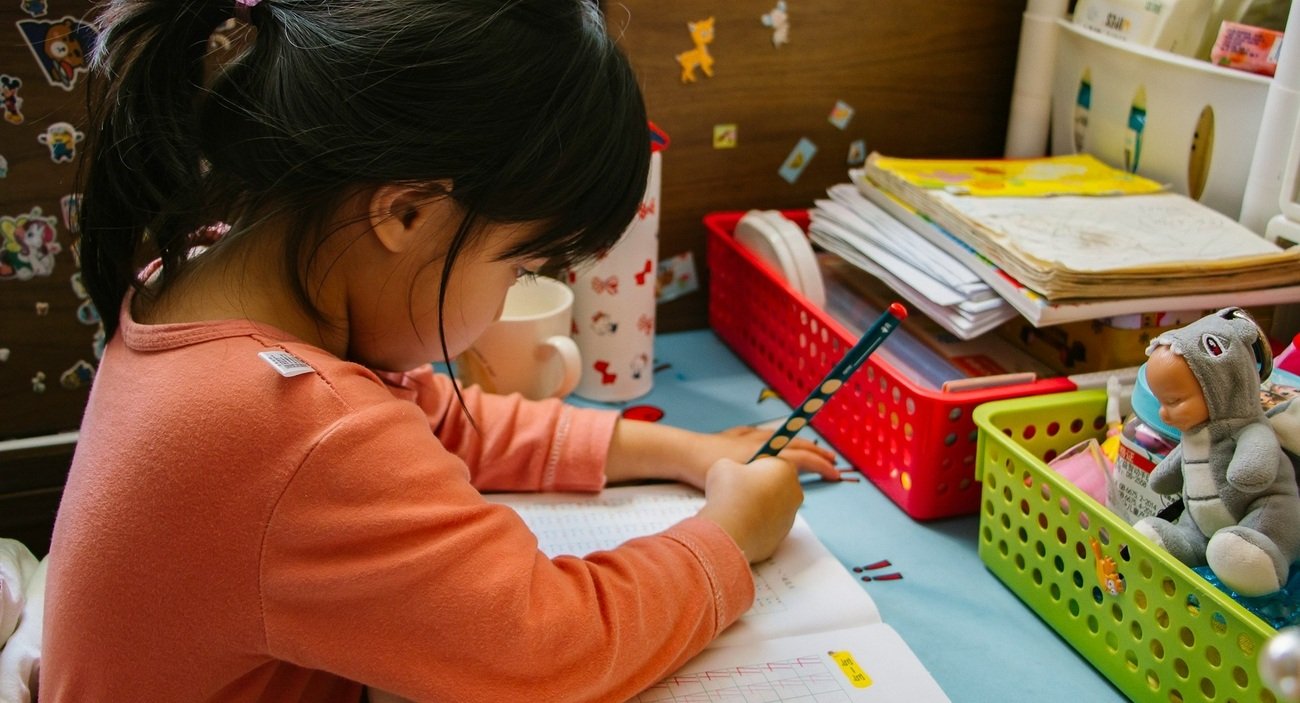Understanding the Preschool Curriculum in India: What Parents Should Know for 2025
Choosing the right preschool curriculum is fundamental to setting children on a path of lifelong learning and success. In India, preschool education focuses on holistic development, balancing academic readiness with emotional, social, and physical growth. As parents in Malakpet and beyond seek the best early education for their children, understanding the components and importance of preschool curriculum helps make informed decisions.
What is a Preschool Curriculum?
A preschool curriculum is a systematic plan that outlines the learning goals, activities, and assessment methods for children typically aged 3 to 6 years. It encompasses language development, numeracy, social skills, creativity, and physical coordination, all suited to children’s developmental stages. In India, leading curriculums align with the National Curriculum Framework (NCF) and the National Education Policy (NEP) 2020 to ensure quality and consistency.
Core Components of the Preschool Curriculum
- Language and Literacy: Early exposure to alphabets, phonics, storytelling, and communication skills lays the foundation for reading and writing.
- Numeracy: Basic counting, shape recognition, sorting, and pattern identification stimulate cognitive development.
- Social and Emotional Learning: Activities encourage empathy, sharing, cooperation, and self-regulation.
- Creative Arts: Music, drawing, dance, and drama nurture imagination and self-expression.
- Physical Development: Indoor and outdoor play promote motor skills, coordination, and health.
Pedagogical Approaches in Indian Preschools
Many preschools in Malakpet follow play-based and child-centered teaching methodologies. This approach engages children in hands-on activities, explorations, and guided discovery rather than rote learning. Programs like Montessori, Reggio Emilia, and thematic curriculums are popular for their emphasis on autonomy and holistic development.
Importance of Early Assessment and Parental Involvement
Assessment at the preschool level is observational and non-intrusive, focusing on developmental milestones and individualized progress. Indian curriculum guidelines emphasize partnering with parents to support learning beyond the classroom through home activities and regular communication.
Adapting to New Educational Policies
The NEP 2020 has introduced transformative changes, including extending foundational education and integrating technology thoughtfully. Preschools are adopting these frameworks to enhance curricula, teacher training, and infrastructure to provide age-appropriate, inclusive education.

